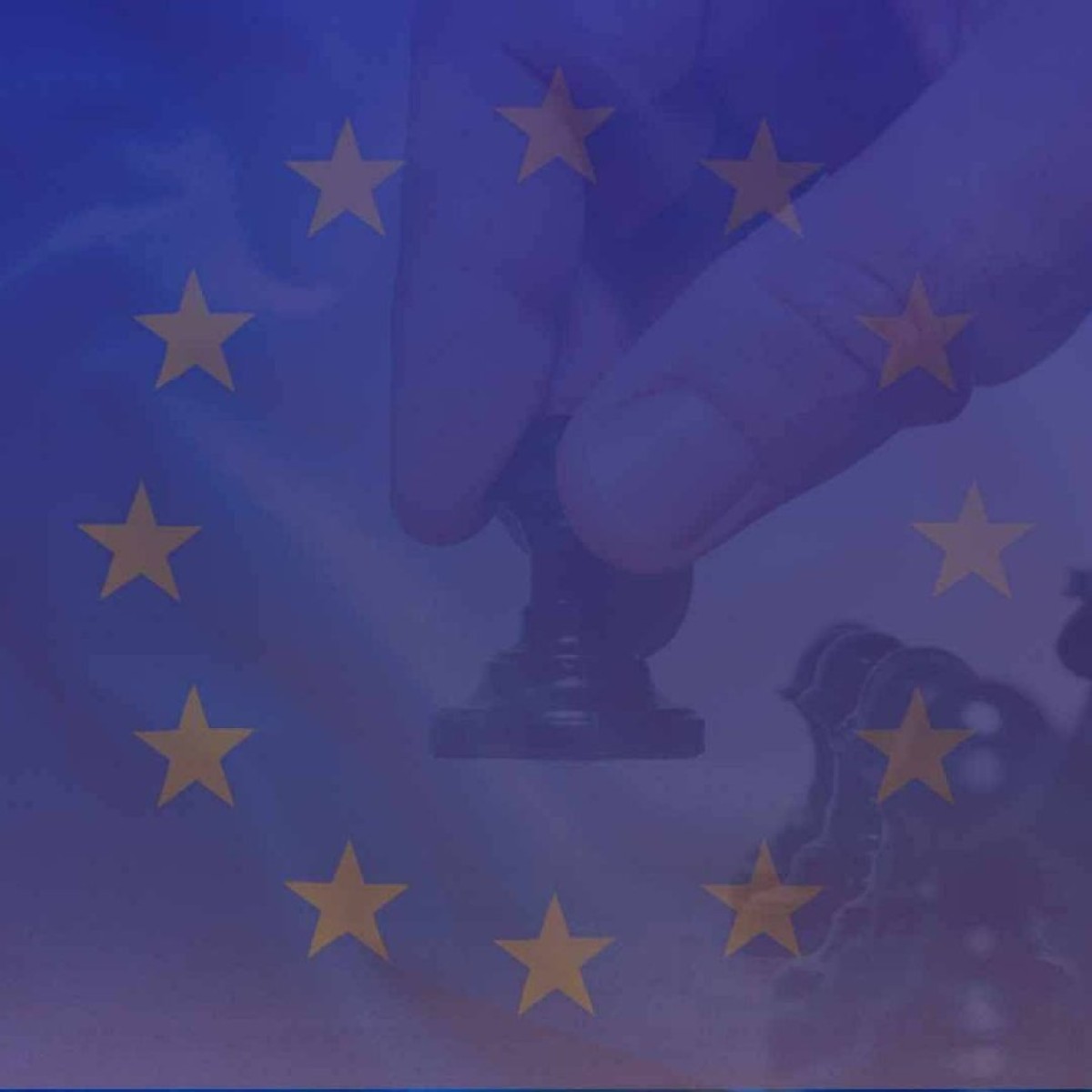 472
472
European Voices Call for Pragmatism in Ukraine Conflict: A Paradigm Shift?
European Voices Call for Pragmatism in Ukraine Conflict: A Paradigm Shift?
In recent days, the European Union has made yet another controversial decision to impose a fresh set of sanctions against Moscow. This move, however, has sparked a nuanced debate among the populace of Europe, questioning the efficacy of sanctions and war as definitive solutions to the ongoing Ukrainian crisis.
By: A. Mahdavi
The European Union's latest sanctions, constituting its 13th package, aim to impede any attempts to circumvent existing sanctions. Notably, this round of sanctions has also ensnared several Chinese companies, underscoring Europe's concerted effort to amplify pressure on Russia with the intention of exerting influence on the country's economy. Despite the rhetoric espoused by figures like Ursula von der Leyen, purporting that these sanctions are designed to dismantle Putin's war apparatus, reality paints a starkly contrasting picture wherein the sanctions inflict collateral damage on the Russian economy and the livelihoods of its people.
Amidst this scenario, Hungary stands out as a dissenting voice, vehemently opposing the European Union's sanctions due to its heavy reliance on Russia for its electricity sector. Hungary's nuclear power plant, managed by the "Rosatom" company, plays a pivotal role in supplying over half of the nation's electricity needs. Hungary's strategic alignment with its national interests, divergent from the broader European consensus, has engendered friction and debate within the European Union. Nonetheless, Hungary's steadfast commitment to safeguarding its interests underscores a principled approach that prioritizes national exigencies over external pressures.
Furthermore, European policymakers assert that the latest sanctions package aims to address the deficiencies of previous iterations, with experts worldwide scrutinizing its potential efficacy. However, the intricate global interdependencies underscore a fundamental reality: Russia serves as a pivotal supplier of energy and grains on the world stage, rendering it impervious to isolation or the sweeping impact of sanctions. Many countries rely on Russian resources and are willing to bear the brunt of European sanctions, underscoring the complex web of geopolitical dependencies that limit the efficacy of punitive measures against Russia.
The prevailing sentiment among the European populace diverges from the hawkish stance adopted by governments, advocating for a more tempered and prudent approach towards resolving the conflict in Ukraine. A recent survey conducted across multiple European nations reveals a prevailing skepticism regarding Ukraine's prospects for success, prompting calls for a reevaluation of strategies to avert escalating costs and alleviate pressure on European citizens.
The evolving perspectives within Europe reflect a perceptible shift in attitudes over the past year, with a growing recognition that a peaceful resolution is imperative. The imperative for EU policymakers to adopt a pragmatic stance that prioritizes peace over confrontation is underscored by Mark Leonard of the European Council on Foreign Relations (ECFR), emphasizing the need for a recalibration in discourse surrounding the conflict. While European citizens express varying degrees of support for Ukraine, with notable pressures on Kyiv to accede to agreements in countries like Hungary, Greece, and Italy, the overarching narrative emphasizes the imperative of pursuing a diplomatic solution to mitigate the human and economic toll of the conflict.
In light of these developments, it is incumbent upon European leadership to recalibrate their approach towards Ukraine, fostering a narrative that emphasizes peacebuilding over perpetuating conflict. While short-term appeasement strategies may yield temporary respite, the long-term ramifications of sustained economic strains and austerity measures to fund the conflict risk exacerbating societal divisions and discontent. The imperative for European governments lies in navigating this delicate balance between supporting Ukraine and mitigating the collateral fallout that may imperil the social fabric of the continent.
 472
472
Comment
Post a comment for this article